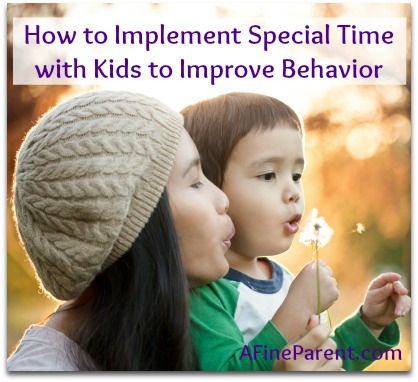 “Noooo!”
“Noooo!”
His high-pitched shout echoed down the hall.
“Buddy, please just go put on your shoes. I don’t want to ask you again.”
“I don’t want to!”
I sighed loudly as I braced myself for yet another showdown.
My five-year-old had been pushing all my buttons for weeks. He was cranky and would balk at the simplest requests. The sass had reached an all-time high.
On top of that, he was incredibly needy even though we were spending almost every day together.
I was at my wits end, and I felt like our relationship was really struggling. It was one of those seasons in parenting when I was at a complete loss for what to do next, even though I knew something had to change.
Ever been there?
If you have, you know it’s not a fun place to be.
It was during this time of desperately searching for some solution, when a parenting webinar led me to the work of Dr. Laura Markham and her book, Peaceful Parent, Happy Kids: How to Stop Yelling and Start Connecting.
The title immediately caught my eye. I longed for a peace-filled home, and of course I wanted happy kids. What parent doesn’t?
Sheer frustration had me yelling way more than I ever imagined I would, and I knew the connection with my son was suffering greatly as a result. This book couldn’t arrive fast enough!
I dove right in, and when I read the section about spending special time with kids, a light bulb went off.
I realized although my son was around me for a significant part of each day, we often weren’t spending quality one-on-one time together. With his little brother to care for, along with the general busyness of life, I just wasn’t paying enough attention to him. (It pains me to say that aloud.)
His neediness that, at times, was downright exhausting was a clue. His defiance and cranky attitude? Also clues. I was not giving him the connection time that he needed.
I didn’t know if having special time with my son was going to bring harmony back to our relationship, but I was eager to give it a shot.
 A lot of times, I find myself struggling with the urge to buy that new trendy phone (which I don’t need anyway).
A lot of times, I find myself struggling with the urge to buy that new trendy phone (which I don’t need anyway). “Daaaaaaad!!!!! Get it!!!! NOW!!!!”
“Daaaaaaad!!!!! Get it!!!! NOW!!!!” Imagine how your life could change if you were to discover extra money in your family’s monthly budget. What would you do with it? Could you pay down debt? Start, or add to, a savings fund for your children’s college educations? Get a pet?
Imagine how your life could change if you were to discover extra money in your family’s monthly budget. What would you do with it? Could you pay down debt? Start, or add to, a savings fund for your children’s college educations? Get a pet? A significant percentage of today’s workforce is now working at jobs that didn’t exist twenty years ago. Technological advances have provided the greatest drivers prompting the changes in the nature of work. Considering that technology is always hastening to advance, there’s a high probability that the nature of work will also continue to change. This means that many of our kids will need to figure out how to train for jobs that don’t even exist yet.
A significant percentage of today’s workforce is now working at jobs that didn’t exist twenty years ago. Technological advances have provided the greatest drivers prompting the changes in the nature of work. Considering that technology is always hastening to advance, there’s a high probability that the nature of work will also continue to change. This means that many of our kids will need to figure out how to train for jobs that don’t even exist yet.